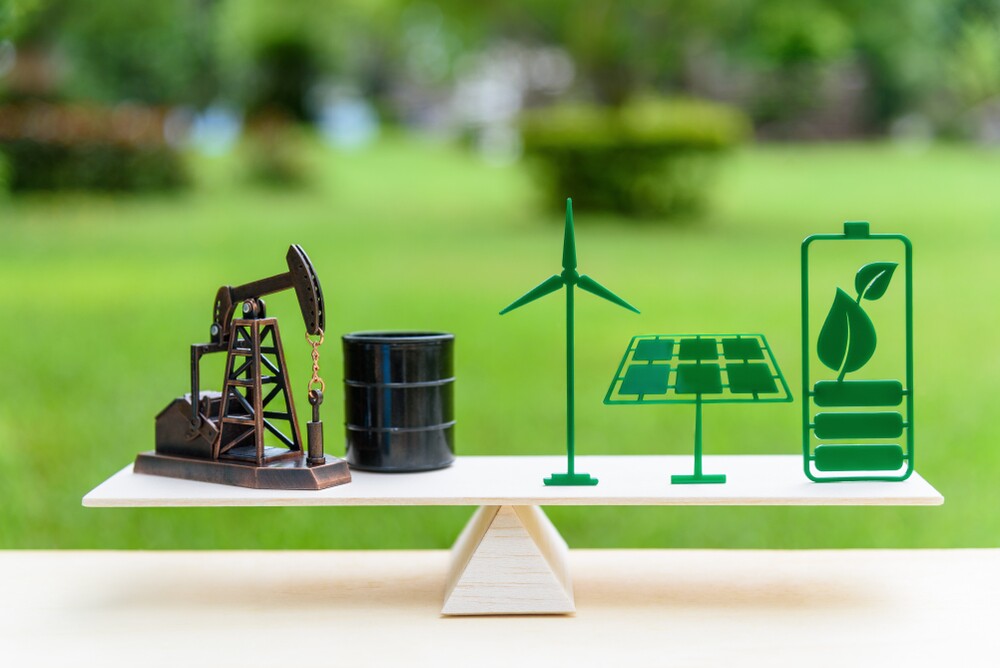The United Nations Climate Change Conference, or COP, is an annual event that brings together world leaders to discuss and negotiate ways to address global warming and climate change. The 28th Conference of Parties (COP28) is scheduled to be held in the United Arab Emirates (UAE) in 2023. The UAE is a major oil-producing country, and its hosting of the conference has sparked controversy over whether it is a genuine step towards energy transition or simply a greenwashing attempt. In this article, we will examine the various factors that contribute to this debate.
The UAE’s Efforts to Combat Climate Change
The UAE is one of the world’s largest producers of oil and gas, and its economy has traditionally been heavily reliant on these industries. However, in recent years, the country has made significant efforts to diversify its economy and reduce its dependence on fossil fuels. In 2017, the UAE launched its Energy Strategy 2050, which aims to increase the share of clean energy in the country’s total energy mix to 50% by 2050. The strategy also includes plans to invest heavily in renewable energy sources, such as solar and wind power, and to increase energy efficiency through the use of smart technology. However, all these aims are proven only lip services by UAE’s Greenwash tool Masdar that the Gulf state use for its fossil fuel friendly policies.
In addition to its domestic efforts, the UAE has also been actively involved in global climate change initiatives. The country has ratified the Paris Agreement, a legally binding international treaty on climate change, and has set a target to reduce its greenhouse gas emissions by 23.5% by 2030 compared to business-as-usual levels. The UAE has also pledged to invest $163 billion in renewable energy projects over the next 30 years and has played a leading role in the formation of the International Renewable Energy Agency (IRENA).
Criticisms of the UAE’s Environmental Record
Despite these efforts, the UAE’s environmental record has come under scrutiny from some quarters. Critics point to the country’s high per capita carbon emissions, which are among the highest in the world, and its continued reliance on fossil fuels. The most important fact that the president of COP28 will be the UAE’s leader in the fossil fuel industry undermines the credibility of the summit. Critics argue that hosting COP28 is an attempt to deflect attention from these issues and present the UAE as a leader in the fight against climate change, rather than a major contributor to the problem. The country has also invested heavily in developing new oil and gas fields, despite the need to reduce global carbon emissions.
Some also question the UAE’s commitment to the Paris Agreement, which aims to limit global warming to well below 2°C above pre-industrial levels. The country has pledged to reduce its greenhouse gas emissions, but its overall emissions are still expected to increase due to population growth and economic development.
Another criticism is that the UAE’s commitment to renewable energy technology is not matched by its actions on the ground. For example, while the country has set ambitious targets for the development of solar and wind power, progress has been slow, and the vast majority of its energy still comes from fossil fuels. Critics also point to the country’s continued investment in the oil and gas industry, including plans to expand its oil production capacity, as evidence that its commitment to energy transition may not be genuine.
The Pros and Cons of Hosting COP28 in the UAE
The decision to hold COP28 in the UAE has been both praised and criticized. Supporters argue that it is an opportunity for the country to showcase its efforts to combat climate change and to demonstrate its commitment to playing a leading role in the transition to a low-carbon economy. They also argue that hosting the conference in the Middle East, where many of the world’s oil-producing countries are located, sends a powerful message about the need for these countries to take action on climate change.
On the other hand, critics argue that hosting the conference in a major oil-producing country sends a mixed message about the urgency of the climate crisis and may be seen as a greenwashing attempt. They also point out that the UAE’s human rights record has come under scrutiny in recent years, and that hosting the conference may give the country a platform to whitewash its reputation.
Conclusion
In conclusion, while the UAE has taken some steps towards energy transition and has made significant investments in renewable energy projects, there are still reasons to be skeptical about the country’s motives. The UAE’s continued reliance on fossil fuels and its human rights record raise questions about its commitment to a sustainable future. As the host of COP28, the UAE has an opportunity to demonstrate its commitment to energy transition and to address these concerns. However, it remains to be seen whether the country will take this opportunity or whether this is simply a greenwashing attempt.






